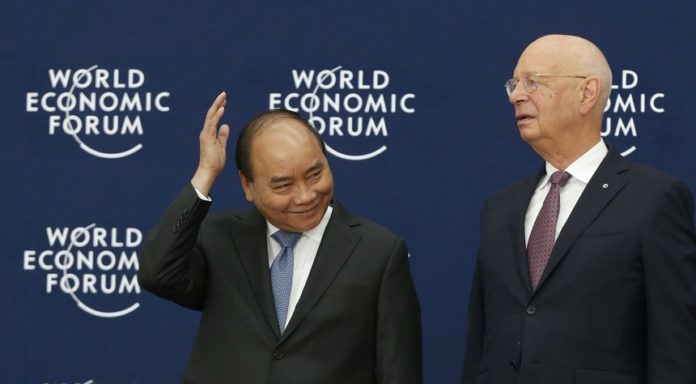The Epoch Times reports that Tuomas Malinen, CEO of GnS Economics, predicts the impending collapse of Europe’s economy. He focuses on Russia’s ill-advised sanctions in the aftermath of its invasion of Ukraine. Also, the closing down of the Nord Stream 1 pipeline. Malinen reports that many households and corporations are witnessing their energy prices rise by 10 or more across Europe. The ripple effect will be irreversible.
If Malinen is correct, and his credentials are impeccable, what might be the prospects for the Great Reset project? It envisions corporate seizing global governance and top-down economic management. The resulting chaos could make the Reset ineffective since the conditions for a socio-economic revolution and a cohesive restructuring of society would be too unstable. We might finally see the end to the evil Klaus Schwab, whose toxic visions–corporate hegemony and the abolition or privatization of private property–would be too unstable for a coherent restructuring of society. Civil society would have become nothing more than window dressing.
National Review Capital’s Richard Morrison wrote that “the global regulatory cartel technocrats like Schwab envision–a system supranationally policymaking that insulates CEOs and politicians from the demands and expectation of their most important constituents -is precisely the course of action to end…the incredible growth, education, and prosperity” that the market system has produced. Klaus and his Davos minions might pursue such a policy, but the current impasse may well end it. Schwaben would have little room for maneuvering.
Or would they see the anarchy as a chance to inflict a socialist interregnum that would lead to a full-fledged totalitarian revolution, a leftist takeover of the global community that would face little resistance?
This scenario is highly unlikely, I think. The energy crisis would severely weaken corporations and make it difficult for them to assert their “stakeholders” dominance. Similar problems would affect international bodies, non-profits, and political organizations. The Reset would not be able to take root if there was too much ground, which would be cold comfort in the face of a global catastrophe. It is possible to oppose the Great Reset; however, the collapse of the global economy, as well as the destruction of the institutional structure of society, are not consolation.
It is clear that this crisis cannot be avoided, as Malinen suggests, by lifting sanctions and “turning on the gas flows to Europe from Russia back on.” Europe and the other Western countries would slowly but painfully emerge from the hole they dug themselves. They would experience a recession, but not a depression. Of course, the Great Reset will be back, but this time as a threat that can still be defeated – small mercy but great mercy.


